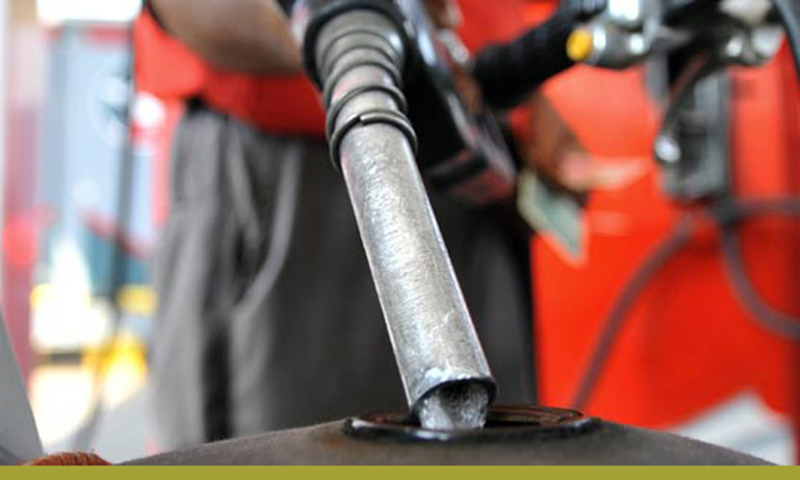- Rising Diesel, Kerosene Prices Hit Households, Businesses
The prices of diesel and kerosene have risen significantly on the back of the increase in global oil prices, putting more pressure on households and businesses in the country.
The international oil benchmark rose to $80.50 per barrel on May 17, its highest since November 2014, but fell below $75 per barrel on Tuesday.
Many businesses, especially manufacturers, in the country have over the years continued to rely heavily on diesel-powered generators for electricity as supply from the national grid remains poor.
The price of diesel ranges from N230 to N250 per litre in many filling stations in Lagos, while kerosene, which a lot of households still depend on for cooking, sells for as high as N240 per litre in some stations.
The volume of kerosene imported into the country has dropped drastically in recent months. It declined to a low of 5.49 million litres in March from 27.15 million litres in February and 34.25 million litres in January, according to the National Bureau of Statistics.
The NBS said the average price per litre paid by consumers for kerosene increased by 3.53 per cent to N278.49 in April from N268.99 in March.
It said Abuja had the highest average price per litre of kerosene with N316.67. This, it stated, is closely followed by Cross River (N315.56) and Nasarawa (N309.52); while states with the lowest average price were given as Akwa Ibom (N247.22), Abia (N245.25) and Katsina (N244.87).
The average price paid by consumers for automotive gas oil (diesel) decreased by one per cent to N204.35 in April from N206.41 in March, according to the NBS.
“States with the highest average price of diesel were Taraba (N250.00) Adamawa (N227.50) and Sokoto (N224.00). States with the lowest average price of diesel were Oyo (N191.28), Delta (N190.77) and Bayelsa (N188.33),” it said.
The National Operations Controller, Independent Petroleum Marketers Association of Nigeria, Mr. Mike Osatuyi, said, “The two products are already deregulated, and the increase in their prices is a function of crude price. Crude oil recently rose to $80 per barrel, so the landing cost of those two products is going to rise.
“As far as crude oil price remains high, the price of the products will continue to go up. Even if the exchange rate is constant, it has to be a reflection of the international price.”
The Director-General, Lagos Chamber of Commerce and Industry, Mr. Muda Yusuf, said, “This is one point that we often gloss over when we have high oil prices. We celebrate that crude oil price has gone up, that we are getting more revenue but we often don’t realise or don’t notice that high oil prices also lead to high energy cost.”
He noted that because the products had been fully deregulated, “their prices fluctuate and change in line with crude oil prices, particularly because our refineries are not functioning.
“So, we are paying dearly for the fact that we don’t have refineries that function; we pay highly for the fact that crude oil price is going up, and there is nothing in the policy framework to kind of cushion the effects on the private sector.”
According to Yusuf, the hike in the prices of the products increases businesses’ costs of production; it makes competitiveness, business sustainability, and the capacity of businesses to generate employment more difficult.
“It makes economic diversification also more difficult because energy is central to many economic activities; so my view is that it is something that we need to take proper notice of; that when we have high oil price, energy cost also goes up; and it hurts a lot of investors,” he added.

 Forex3 weeks ago
Forex3 weeks ago
 Naira3 weeks ago
Naira3 weeks ago
 Billionaire Watch3 weeks ago
Billionaire Watch3 weeks ago



 Naira3 weeks ago
Naira3 weeks ago






 Naira2 weeks ago
Naira2 weeks ago




 Naira2 weeks ago
Naira2 weeks ago




 Naira4 weeks ago
Naira4 weeks ago






 Naira1 week ago
Naira1 week ago
























